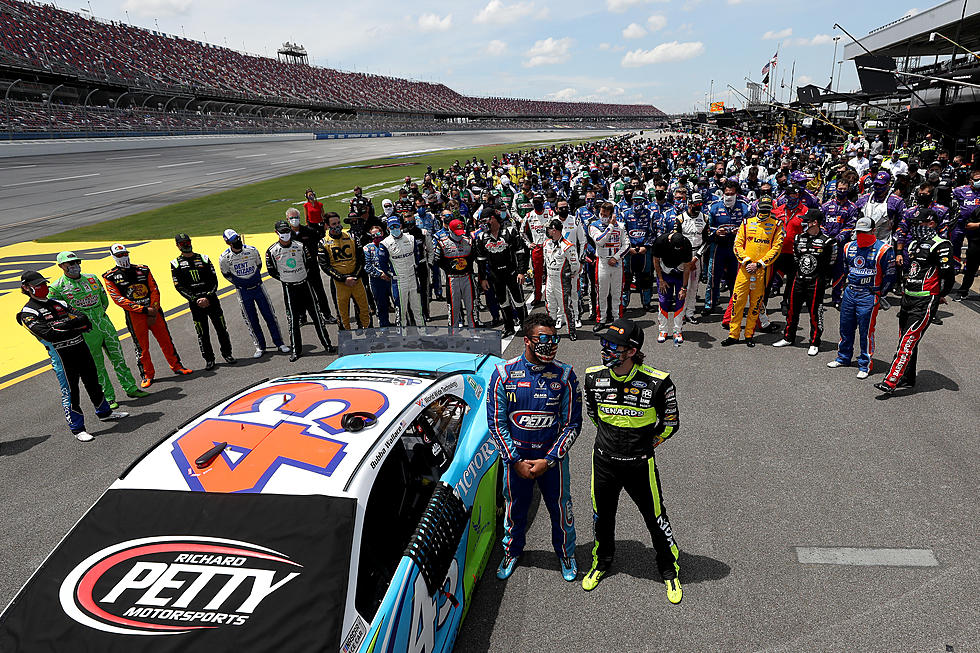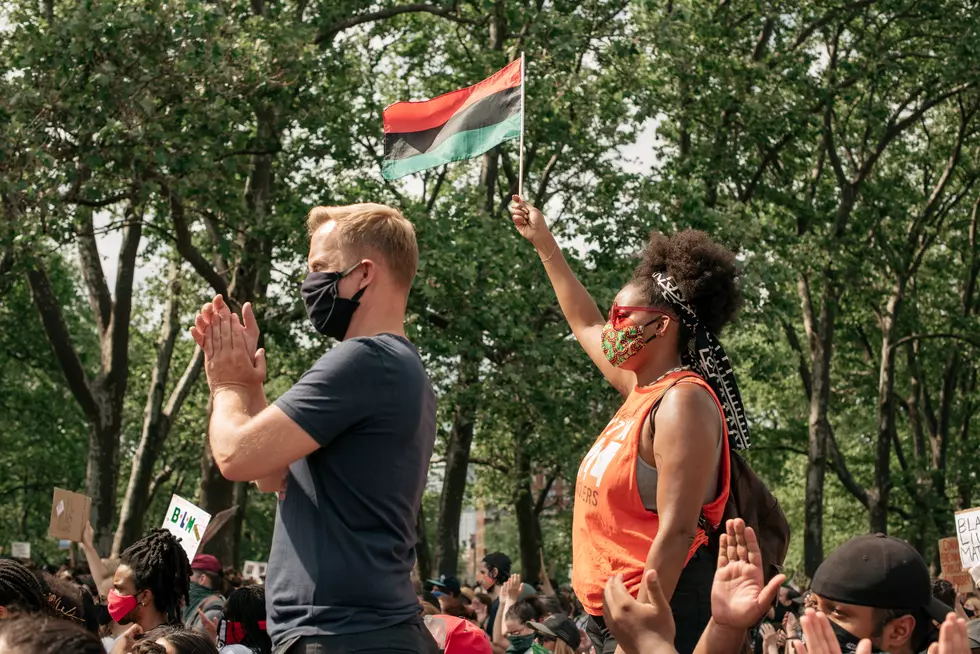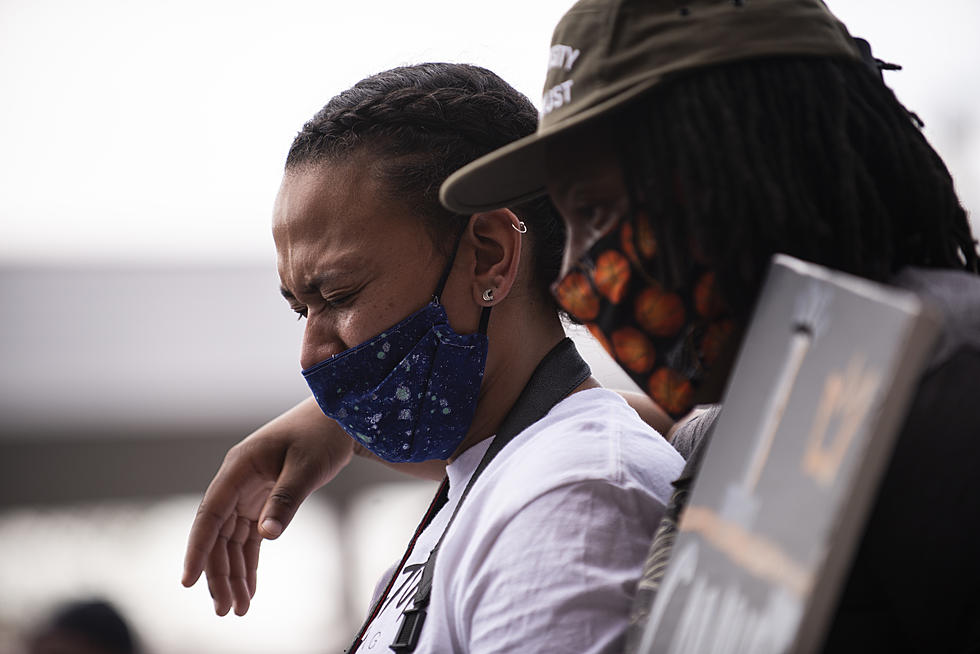
The Most Racist Areas in America, According to Science
If you go up to someone and ask them if they’re racist, chances are they’re going to tell you they’re not. Why would they? After all, some of their best friends are black, dontchaknow?
Of course, this makes measuring levels of racism a little tricky, since there’s no good way to ask people if they’re racist without, well, asking them if they’re racist. Or at least, it used to be tricky, but then Google came along.
In 2015, the peer-reviewed scientific journal, PLOS ONE, published a study that sidestepped directly talking to people, and turned instead to looking at what people were typing into Google. Turns out, folks tend to be a lot more open about their secret racism when they’re alone in their homes, searching for information on the internet. Whodathunkit, right?
For better or worse, someone is always watching everything you do online. Whether it’s Facebook tracking every post you Like, every article you Share, and every ad you click on, or it’s Google monitoring each and every single thing you search for on the internet, Big Data is always there, watching everyone and using what it sees to build little digital versions of each of us.
It’s why you can search for Minecraft ONE TIME because you didn’t understand a single thing your kid was asking you about whatever Redstone is, and the next thing you know, Facebook starts throwing pixelated blocks at your face until you give up and just start clicking ads, hoping it’ll make them go away.
Analyzing the information collected by Big Data is a powerful tool that often results in computers knowing more about each of us than we're comfortable admitting about ourselves.
Which is where this study comes in. It separated the country into media markets, then analyzed what people were typing into Google in each of them. The study looked for search queries using the “N-word” from 2004-2007, then correlated those searches with existing data regarding previous measures of racial attitudes, along with US Census Bureau data and National Center for Health Statistics on black mortality rates.
Yeah, that’s a lot of information to try and process - but all you need to know is that they crunched the numbers and were able to use all that data to measure area racism levels across the country.
SPOILER ALERT: Southeast Texas and Southwest Louisiana top the list.
While it shouldn’t come as much of a shock to anyone living in the South that we have a significant problem with race relations, the large swath of racism cutting through the Northeast might surprise you. In fact, the study suggests that more areas of intense racism actually occur in the rural Northeast than in the South.
Of course, being a proper scientific study, it took time to develop and process before publishing, which is why the sample data is from 2004-2007 instead of anything more recent. However, given the current political climate and some of the rhetoric we’ve all heard with increasing frequency lately, there’s no reason to suspect things have really improved over the past decade.
In fact, they've probably only gotten worse.
[PLOS ONE]
More From 107 JAMZ
![Supreme Court Strikes Down Affirmative Action. What The Means And Who It Will Affect [VIDEO]](http://townsquare.media/site/757/files/2022/06/attachment-GettyImages-1300444456.jpg?w=980&q=75)








